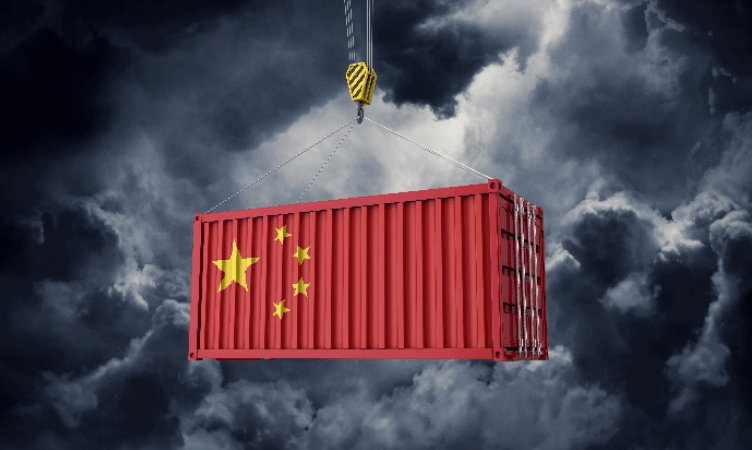The U.S. government recently expanded regulatory and enforcement activity related to a long-standing prohibition on the importation into the United States of goods manufactured with forced labor.
In this regard, Section 307 of the Tariff Act of 1930 (Section 307) prohibits the importation of goods produced or manufactured, in whole or in part, in any non-U.S. country by forced labor.
Although Universal Electronics Inc. believes that neither it nor its subsidiaries have resorted to forced labor, and its subsidiary Gemstar has terminated its relationship with the outside labor agency, terminated its agreement with the workers in question, and paid all outstanding wages and compensation directly and individually to each of them, Universal Electronics cannot guarantee that the relevant U.S. authorities will not decide that forced labor is illegal.
Forced Labor
However, Universal Electronics cannot guarantee that the relevant U.S. authorities will not decide that forced labor exists or existed in the manufacture of its products or in its supply chain and, pursuant to Section 307, prohibit or otherwise penalize U.S. imports of certain of its products.
In addition, if any new legislation or regulatory action is enacted in the United States or other regions in which this company does business that imposes additional import restrictions or requirements relating to the alleged use of forced labor, its business, results of operations and financial condition could be adversely affected.
Universal Electronics designs, develops, manufactures, distributes and supports control and sensor technology solutions and a wide range of universal control systems, audio and video accessories, wireless security and smart home products used by the world’s leading brands in the video services, consumer electronics, HVAC, security, safety, home automation and home appliance markets.
Human rights
On December 23, 2021, U.S. President Joe Biden signed the Uyghur Forced Labor Prevention Act (UFLPA), which went into effect on June 21, 2022.
The UFLPA creates a rebuttable presumption that all goods produced or manufactured, even partially, in XUAR were made with forced labor and, therefore, would not be allowed entry into U.S. ports.
Thus, importers will be required to provide clear and convincing evidence that goods from XUAR are not made with forced labor.
Under the law, U.S. Customs and Border Protection will be responsible for developing targeting and enforcement strategies, the details of which have not yet been finalized.
Also, the UFLPA builds on previous legislation, such as the Uighur Human Rights Policy Act of 2020 (UHRPA), by expanding the UHRPA’s sanctions authorization to include foreign persons responsible for human rights abuses related to forced labor.
![]()

